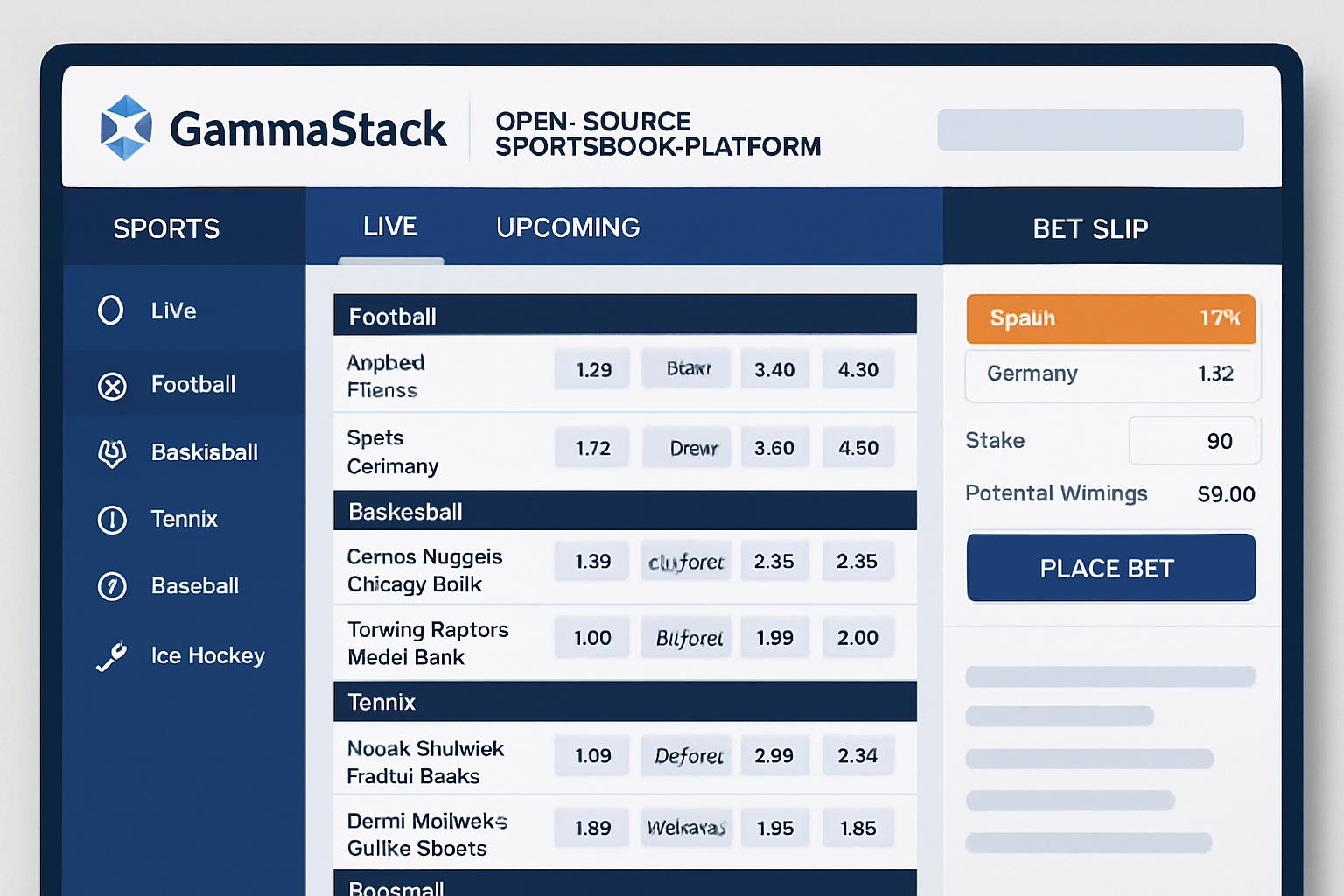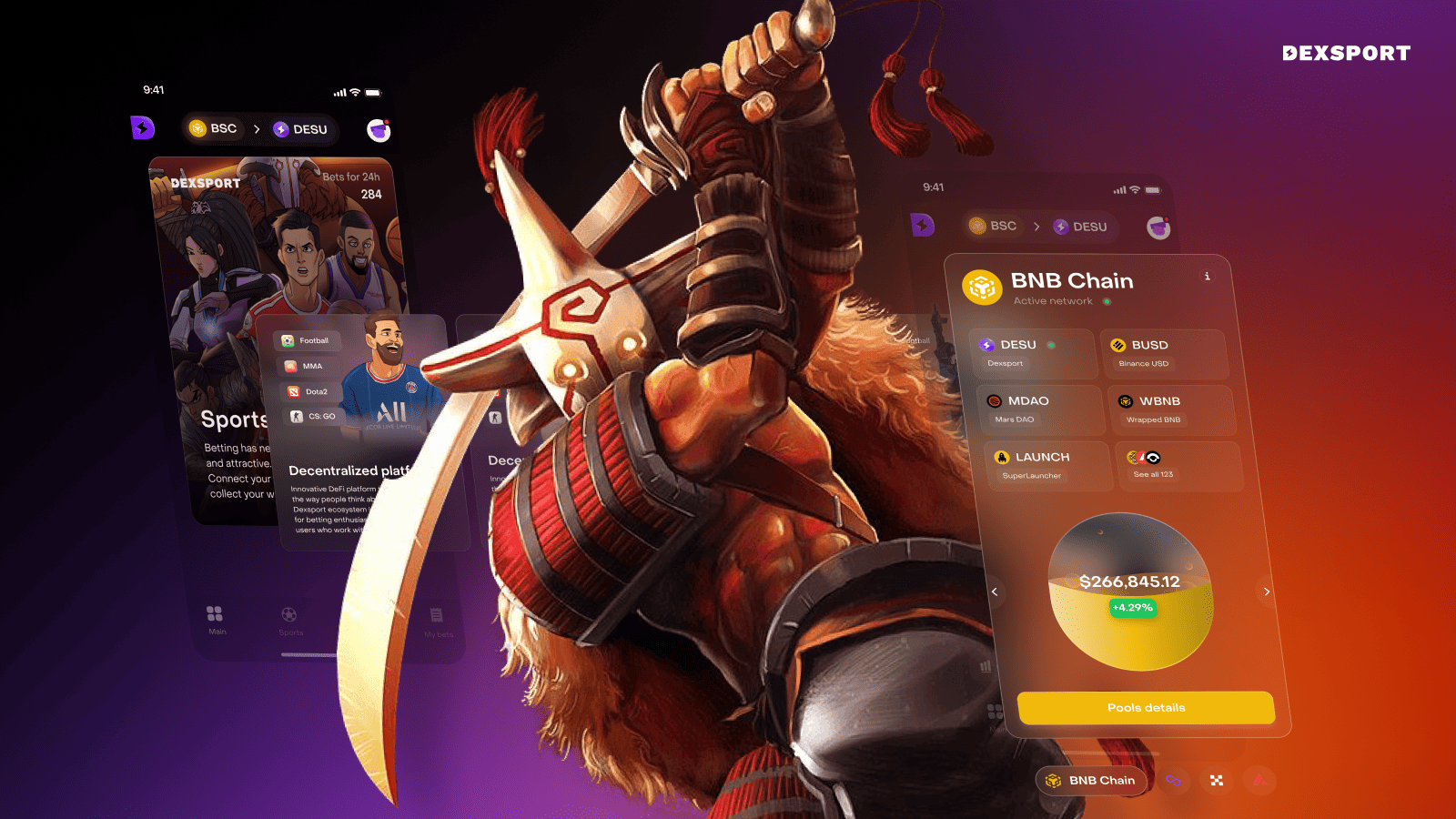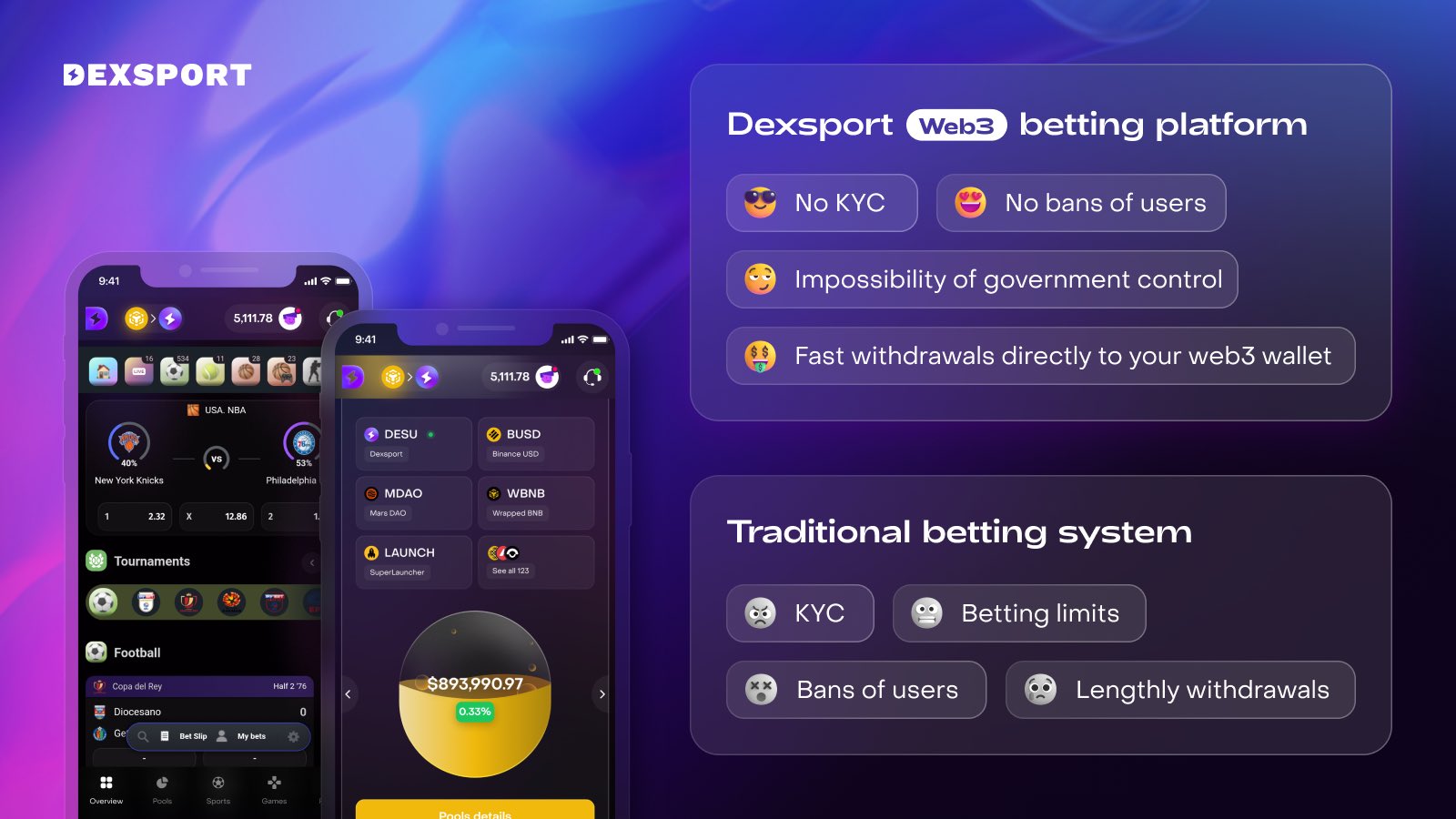
For years, the promise of on-chain sports betting integration has been clear: provable fairness, instant settlement, and open access to a global market. Yet the reality for most users has been far from seamless. Setting up a crypto wallet, acquiring digital assets, and navigating blockchain transactions have all served as friction points, until now. The landscape is shifting rapidly as Web2 betting aggregators and major sportsbooks embrace blockchain technology in ways that remove these legacy hurdles entirely.
From Crypto Wallets to Seamless Onboarding
The latest breakthrough comes from a giant Web2 aggregator integrating a fully on-chain sportsbook behind the scenes. As reported by Daedalus (source), users now place bets through familiar interfaces without ever touching crypto wallets or directly interacting with blockchains. Settlement happens trustlessly on-chain, but the experience feels no different than any mainstream betting site, a paradigm shift for both crypto-native and non-crypto bettors.

This move isn’t isolated. UBET Sports has pioneered wallet-free onboarding by allowing users to log in with their social media accounts, completely sidestepping the need for MetaMask or Trust Wallet setup. Even gas fees are subsidized by UBET Sports itself, removing any financial or technical barriers for first-time users. Their approach marks a new era where decentralized sports betting platforms can finally compete head-to-head with established Web2 giants on user experience alone.
No-Wallet Crypto Betting: A New Standard?
The rise of no wallet crypto betting is more than just a UX improvement, it’s fundamentally changing who can participate in the growing world of blockchain-powered sportsbooks. As highlighted by Alea Research’s daily newsletter (source), these no-wallet systems are designed to capture both crypto-savvy and mainstream bettors alike.
“The core advantage of crypto betting compared to Web2 or traditional betting. . . no-wallet systems, targeting both crypto and non-crypto users. ”
Platforms like Dexsport have taken this further by offering no-KYC (Know Your Customer) signups via either crypto wallets or even Telegram accounts, empowering privacy-focused users and those in underserved regions to join with minimal friction. By making anonymity and accessibility central features, these platforms are rapidly expanding the boundaries of who can safely and conveniently place bets online.
Web2 Aggregators Are Reshaping On-Chain Sportsbooks
The integration between legacy Web2 aggregators and decentralized sportsbooks is not just about hiding complexity, it’s about unlocking new possibilities for scale and transparency. Purebet. io exemplifies this trend by acting as an aggregator that automatically routes bets to the best odds across all major on-chain protocols, without requiring users to bridge assets or swap tokens manually (source). This means bettors get optimal pricing while enjoying a truly unified interface, no more hopping between platforms or wrestling with technical limitations.
Key Features Making No-Wallet On-Chain Sports Betting Accessible
-

Seamless Social Login Onboarding: Platforms like UBET Sports let users sign up with familiar social accounts, removing the need for complex crypto wallet setups and making entry effortless for Web2 bettors.
-

Gas Fee Subsidization: By covering blockchain transaction fees, UBET Sports ensures users can place bets without worrying about extra costs, eliminating a major barrier for newcomers.
-

No-KYC, Privacy-First Access: Dexsport offers a no-KYC betting experience, allowing users to register with just a wallet or Telegram account for enhanced anonymity and data privacy.
-

Cross-Chain Compatibility: Leading platforms now integrate cross-chain technology, enabling users to bet across multiple blockchains without manual bridging or multiple wallets, streamlining the betting process.
-

Open-Source & Transparent Operations: GammaStack provides open-source sportsbook solutions with transparent smart contracts, helping users trust the fairness and security of every bet.
Behind the scenes, cross-chain technology is enhancing user experiences even further. Instead of forcing bettors to manage multiple wallets or networks, modern solutions abstract away these details so that interacting with multiple blockchains feels as easy as using a single app (source). This level of interoperability is crucial for mass adoption, and it’s arriving faster than most industry watchers predicted.
Transparency and security, once the exclusive selling points of on-chain platforms, are now being delivered without any technical prerequisites for end users. The settlement of bets on-chain ensures provable fairness and immutability, while the user interface remains as frictionless as any top-tier Web2 sportsbook. This convergence is setting a new benchmark for what bettors expect, instant settlement, no hidden fees, and full auditability, all without touching a single private key.
How Blockchain Sportsbooks Are Winning Over Mainstream Bettors
The ripple effects of on-chain sports betting integration are already visible across the industry. Major aggregators and platforms are leveraging blockchain not just for backend transparency but also to introduce perks like gasless transactions, best-odds routing, and even anonymous participation. For example, SX Bet’s implementation of Glide, a bridging solution that enables gasless betting, has driven monthly bet volumes to impressive new highs (as highlighted in Reddit discussions), demonstrating real demand for seamless cross-chain experiences.
Meanwhile, solutions from GammaStack offer open-source smart contracts and DeFi integration to sportsbook operators seeking to modernize their offerings (source). These toolkits empower businesses to provide transparency and security while still delivering a familiar Web2 experience, no wallet setup required.
What’s most exciting is how these advances democratize access. Users from regions previously excluded by KYC or payment rails can now participate freely. Anonymity is preserved where desired, yet every transaction remains verifiable on public ledgers, a win-win for privacy advocates and regulators alike.
What’s Next for No-Wallet On-Chain Betting?
The pace of innovation suggests that no-wallet crypto betting will soon be the default rather than the exception. As platforms continue to abstract away blockchain complexity, bettors will benefit from:
Key Benefits of Wallet-Free Blockchain Sportsbooks
-

Seamless Onboarding for Web2 Users: Platforms like UBET Sports allow users to sign up using familiar social media accounts, eliminating the need for crypto wallet setup and making decentralized betting accessible to everyone.
-

No-KYC and Enhanced Privacy: Solutions such as Dexsport enable users to bet without identity verification, preserving anonymity and data privacy—especially valuable for users in regions underserved by traditional sportsbooks.
-

Gasless Transactions Lower Financial Barriers: By subsidizing gas fees, platforms like UBET Sports remove extra costs for users, ensuring that blockchain-based betting is as affordable and straightforward as traditional online betting.
-

Cross-Chain Technology for Effortless Betting: The adoption of cross-chain solutions allows users to interact across multiple blockchains without manual bridging or juggling multiple wallets, as seen with recent integrations by major aggregators.
-

Transparent and Secure Operations: Providers such as GammaStack leverage open-source smart contracts, ensuring all bets are settled transparently on-chain, boosting trust and security for bettors.
Market leaders are already racing to refine onboarding flows, subsidize transaction fees, and roll out support for more sports and event types globally. With decentralized finance (DeFi) primitives underpinning liquidity pools and payout mechanisms, users enjoy both the thrill of live sports action and the trustlessness of smart contracts, all without ever seeing a seed phrase.
The future of Web2 blockchain sportsbook integration is bright: expect further collaborations between legacy brands and DeFi projects as both sides recognize that mainstream adoption hinges on hiding complexity while amplifying trust. The result? A more inclusive global betting ecosystem where anyone can settle bets on-chain, no crypto expertise required.






